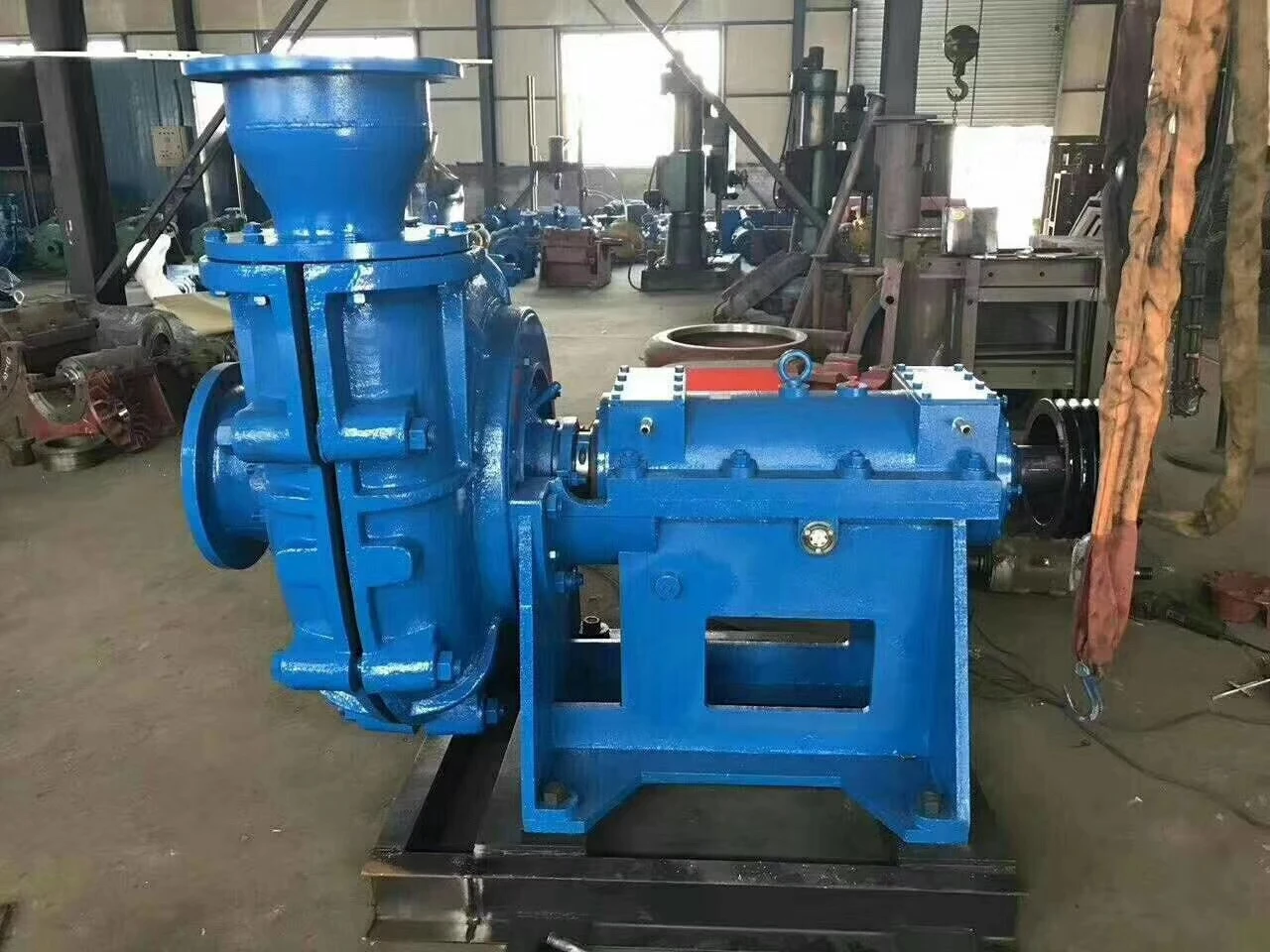English
- Afrikaans
- Albanian
- Amharic
- Arabic
- Armenian
- Azerbaijani
- Basque
- Belarusian
- Bengali
- Bosnian
- Bulgarian
- Catalan
- Cebuano
- Corsican
- Croatian
- Czech
- Danish
- Dutch
- English
- Esperanto
- Estonian
- Finnish
- French
- Frisian
- Galician
- Georgian
- German
- Greek
- Gujarati
- Haitian Creole
- hausa
- hawaiian
- Hebrew
- Hindi
- Miao
- Hungarian
- Icelandic
- igbo
- Indonesian
- irish
- Italian
- Japanese
- Javanese
- Kannada
- kazakh
- Khmer
- Rwandese
- Korean
- Kurdish
- Kyrgyz
- Lao
- Latin
- Latvian
- Lithuanian
- Luxembourgish
- Macedonian
- Malgashi
- Malay
- Malayalam
- Maltese
- Maori
- Marathi
- Mongolian
- Myanmar
- Nepali
- Norwegian
- Norwegian
- Occitan
- Pashto
- Persian
- Polish
- Portuguese
- Punjabi
- Romanian
- Russian
- Samoan
- Scottish Gaelic
- Serbian
- Sesotho
- Shona
- Sindhi
- Sinhala
- Slovak
- Slovenian
- Somali
- Spanish
- Sundanese
- Swahili
- Swedish
- Tagalog
- Tajik
- Tamil
- Tatar
- Telugu
- Thai
- Turkish
- Turkmen
- Ukrainian
- Urdu
- Uighur
- Uzbek
- Vietnamese
- Welsh
- Bantu
- Yiddish
- Yoruba
- Zulu
Telephone: +86 13120555503
Email: frank@cypump.com
Sep . 25, 2024 15:05 Back to list
mining slurry pump
The Importance and Functionality of Mining Slurry Pumps
In the mining industry, efficient resource extraction is crucial for profitability and sustainability. One of the most integral pieces of equipment that facilitates this process is the mining slurry pump. These pumps are specifically designed to transport abrasive and viscous mixtures, commonly referred to as slurries, which consist of solid particles suspended in liquids. Understanding the functionality and significance of mining slurry pumps is essential for both mining operations and equipment manufacturers.
What are Mining Slurry Pumps?
Mining slurry pumps are heavy-duty pumps engineered to handle the challenging conditions of mining operations. Unlike standard water pumps, which can manage clean liquids easily, slurry pumps are built to tackle liquids laden with solid particles. These solid particles can range from fine sand to larger rocks, and the abrasive nature of the materials necessitates specialized pump design and construction.
Working Principles
The operation of a mining slurry pump is relatively straightforward. The pump typically consists of an impeller and a casing. When the impeller rotates, it generates centrifugal force, which helps to move the slurry from the inlet to the discharge side. The design of the impeller and the pump materials must resist wear and corrosion caused by the solid particles in the slurry. This is why many slurry pumps are constructed from high-quality alloys or rubber compounds that enhance their durability.
Key Applications
Mining slurry pumps are indispensable in various stages of the mining process. They are commonly used in
1. Ore Transport Slurry pumps facilitate the movement of crushed ore from the processing area to the leaching pads or processing plant.
2. Tailings Management After the extraction and processing of minerals, the leftover materials, known as tailings, need to be transported to designated storage sites. Slurry pumps play a vital role in this process, ensuring that the tailings are effectively disposed of without environmental contamination.
3. Mineral Processing During mineral processing, the separation of valuable minerals from the ore often involves mixing materials with water to create a slurry. Mining slurry pumps are essential for circulating this mixture through various processing stages.
mining slurry pump

Advantages of Mining Slurry Pumps
The use of mining slurry pumps offers several advantages that enhance operational efficiency and reduce costs
- Durability Constructed from wear-resistant materials, these pumps are capable of withstanding the harsh conditions associated with mining environments.
- High Efficiency Mining slurry pumps are designed to achieve high flow rates and can handle large volumes of slurry, contributing to faster operations.
- Cost-Effective Investing in high-quality slurry pumps can reduce maintenance costs and downtime, ultimately leading to increased productivity.
- Versatility Slurry pumps can be customized for different applications, allowing for flexibility in their use across various mining operations.
Challenges and Solutions
Despite their advantages, mining slurry pumps do face challenges. Abrasive materials can lead to wear and tear, necessitating regular maintenance. To combat this, operators often implement a scheduled maintenance program to replace worn components proactively. Additionally, using advanced monitoring technology can help identify potential issues before they lead to pump failure.
Conclusion
In conclusion, mining slurry pumps are a crucial component of the mining industry, enabling the efficient transport of slurries during various processes. Their robust design and specialized materials allow them to endure the abrasive nature of mining operations, making them indispensable for successful resource extraction. As mining techniques continue to evolve, the development of more advanced slurry pump technologies will further enhance their efficiency and effectiveness, ensuring a sustainable future for the mining industry.
-
ISG Series Vertical Pipeline Pump - Chi Yuan Pumps Co., LTD.
NewsJul.30,2025
-
ISG Series Vertical Pipeline Pump - Chi Yuan Pumps Co., LTD.|energy-efficient fluid handling&industrial durability
NewsJul.30,2025
-
ISG Series Vertical Pipeline Pump - Chi Yuan Pumps | Advanced Engineering&Industrial Efficiency
NewsJul.30,2025
-
ISG Series Pipeline Pump - Chi Yuan Pumps | High Efficiency, Energy Saving
NewsJul.30,2025
-
ISG Series Vertical Pipeline Pump-Chi Yuan Pumps|High Efficiency&Reliable Performance
NewsJul.29,2025
-
ISG Series Vertical Pipeline Pump|High Efficiency&Low Noise
NewsJul.29,2025










